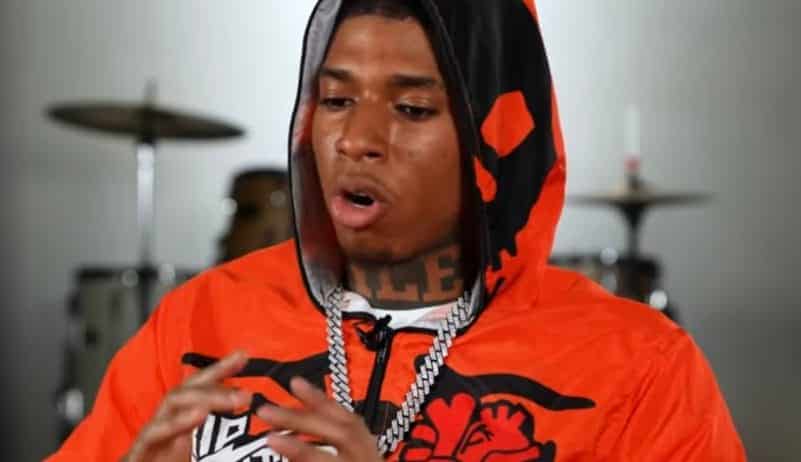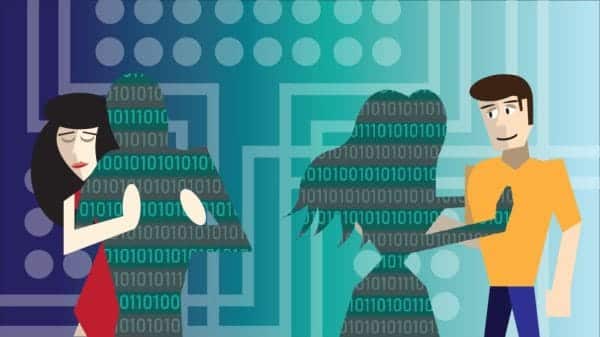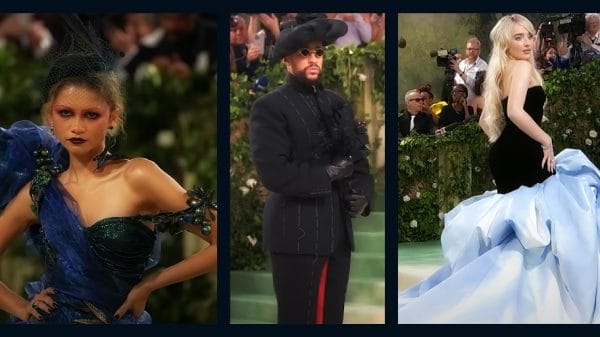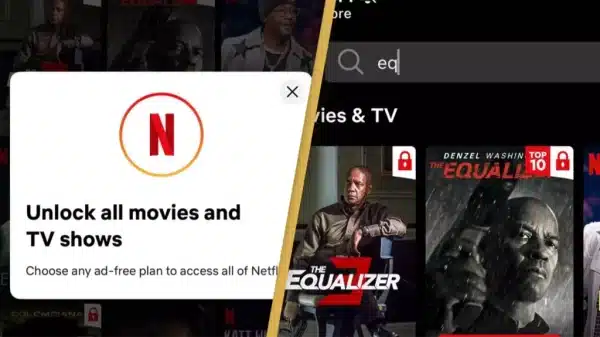Rumors around the rapper’s supposed neurodivergence, specifically questioning, “Is NLE Choppa autistic?” have, for some reason, pervaded social media platforms. While the artist himself has not publicly addressed these speculations, it highlights the persistent curiosity and discussions surrounding the intersection of celebrity and mental health.
Bryson LaShun Potts, professionally known as NLE Choppa, is a Memphis rapper who gained widespread recognition on social media platforms following the release of his 2019 single, “Shotta Flow.” It shouldn’t be a surprise, then, that from the beginning of his mainstream success, Choppa’s image has strongly connection with his online presence.
Particularly on TikTok, where he shares everything from comedic skits to dances to motivational videos; and on Twitter/X, where he infamously promoted anti-vax sentiments during the height of the COVID-19 pandemic. Regardless, his continuous social media activity is one of the reasons for which Choppa has garnered a large devotee audience.
But a constant online presence has its disadvantages, as Doja Cat’s new artistic direction has shown. NLE Choppa’s eccentric posts and joke skits have frequently been construed by his audience as signs of autism or ADHD. Adding fuel to the fire are interviews where the rapper may come across as introverted and shy.
However, I have yet to see an actual expert suggest that Choppa may have autism — not that a diagnosis would change anything, or even alter his mainstream image. In actuality, I want to discuss how, in their assumptions about NLE Choppa, his audience is making a joke out of neurodivergence and perpetuating harmful stereotypes.
A still from the music video of NLE Choppa’s popular single, “Shotta Flow.” Photo credit: YouTube / NLE CHOPPA
Autistic Mental Health Advocacy
For such people, autism seems to be something funny. The truth is that autism is a developmental disorder affecting social interaction and communication. It affects individuals on varying levels, to the point where some autistic people may be incapable of functioning in society.
NLE Choppa has not publicly confirmed a diagnosis, so our thoughts on the matter are merely speculative and bear no weight. Choppa has, on the other hand, himself added to the conversation around mental health and strived to reduce the stigma around developmental issues. He has shown sympathy toward people suffering from depression and anxiety in interviews, social media posts, and his lyrics.
From organisations and incentives focused on the mental well-being of young people, to acts promoting healthy eating and education, leading protests and raising awareness for social justice issues.
Not Everything Has Been Great For NLE Choppa
Of course, not all of Choppa’s contributions to mental health awareness have been useful. When he tweeted about his herbal business and the potential of using organic products to “reverse autism,” as well as “Dwarfism, Down syndrome, and many other disorders,” he was rightfully subjected to strong criticism online.
Furthermore, his aforementioned statements on the COVID-19 vaccine suggest that Choppa is against conventional medical treatment. And although his stance on the use of medication to treat diseases and mental disorders is unclear, it seems that he would rather have you purchase his herbal products than turn to professional care.
NLE Choppa is far from the perfect example of a musician tackling the stigma around mental health and neurodivergence — if you want someone like that, look to Kid Cudi, Dave and Little Simz — but he has certainly displayed an effort to advocate for mental health awareness.
NLE Choppa has frequently addressed his own struggles with depression in interviews. Photo credit: YouTube / RealLyfe Productions
Why Do We Care?
His actions and comments have been subjected to jokes that unwittingly further the social stigma around neurodivergent people. Scrutinising someone’s mental health only subjects people with the disorder to constant labeling and stereotyping, and specifically targets their trouble with social interaction.
We ask, “Is NLE Choppa autistic?”; instead, we should ask, “Why do we care?” It doesn’t change our perception of him, nor of his music. The question only functions to box the rapper inside a set archetype with preconceived behaviours, so that we can understand how someone may act in an unusual way.














